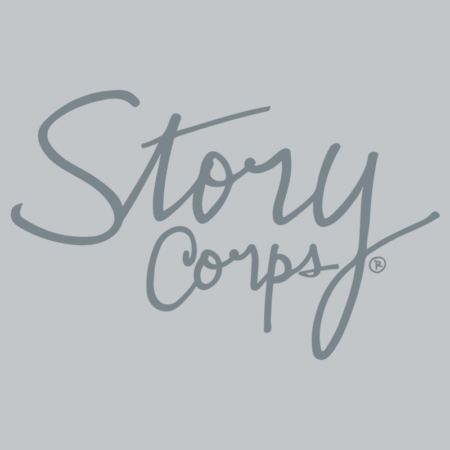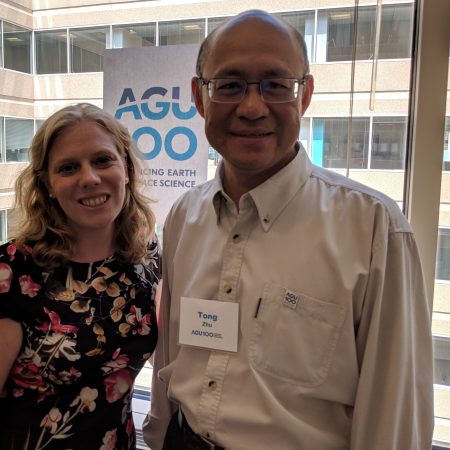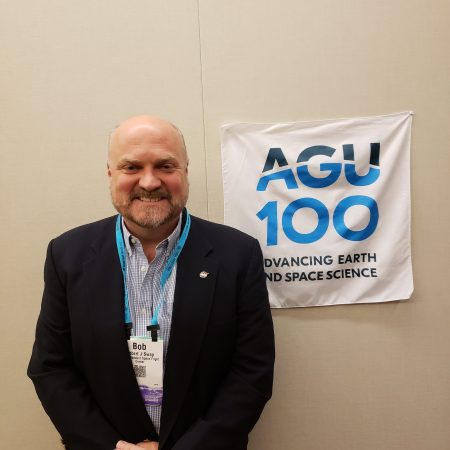Refine
Date Range Clear
Recorded by Clear
Keywords Clear
Partnerships Clear
Organizations Clear
- American Geophysical Union 15
- National Aeronautics and Space Administration 3
- Ameican Geophysical Union 1
- American Geophsyical Union 1
- American Red Cross 1
- 11 more
Places Clear
Languages Clear
Initiatives Clear
As a child, Luke Oman was always looking out the window. Today, he works on atmospheric processing for NASA. How do volcanic eruptions affect everyday life? What happens when sulfur dioxide gases from volcanoes interact with sulfate aerosol and stay...
How did Biogeoscience become a recognized field of study, with its own journal and sections at AGU? What obstacles did its organizers have to overcome in order to make it a viable field and a welcome presence at AGU? In...
John Geismann, professor of geosciences at the University of Texas Dallas, shares his discovery into the science field and favorite aspects of working with students. He discusses the critical point we are in society and need for the global community...
Eager to get out of the lab, Martha Savage spent the year immediately following her undergraduate graduation at the Amundsen-Scott South Pole Station where she worked as a cosmic ray observer. In this position, Dr. Savage, who is now a...
Sandra Cauffman was told growing up in Costa Rica that she couldn’t be an electrical engineer because she was a woman. Decades into a career which has largely involved getting her hands dirty building instruments to fix on spacecraft, the...
Krystal Yhap’s interest in urban water resource management was sparked by the conversations around water safety in Flint, MI. She’s now a graduate assistant at the University of Maryland studying the water system in San Francisco. She talks about her...
Erin Robinson is the Executive Director of the Earth Science Information Partners (ESIP). She knew from early on that she was interested in science and her field of remote sensing, from good science teachers in middle and high school to...
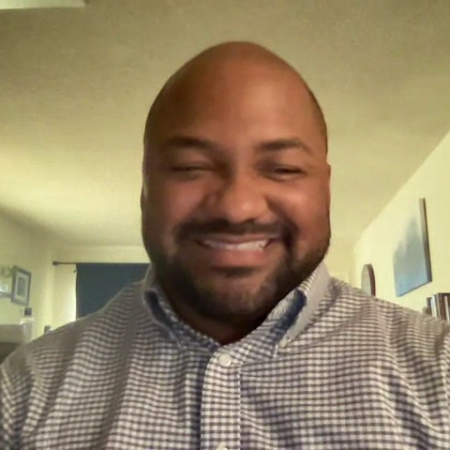
Curtis Taylor (33) asks his colleague and friend Adrienne Villareal (38) what it's like to be an educator and she shares the highlights and lessons of being a math teacher.

Coworkers Esther Louis (37), Cortes Lewis James (50), and Yakesha Llewellyn (32) talk about their work as doulas and the importance of interrupting the Black maternal health crisis.
Mara Jill Herman (Astoria) interviews her mom Emmi S. Herman (Searingtown) on Mother's Day, 5.9.2021. They chat about community, collaboration, vaccine awareness, and legacy.
For Ved Lekic, the opportunity to interview his mentor, Barbara Romanowicz, was a little daunting, so he brought along some questions. Once the conversation turns and Ved has a chance to answer some questions as well, we meet a very...
Richard Corbal tells us about his 10 years as an early childhood teacher at the Santa Cruz Waldorf School, how it is his job to protect the imaginative space and observe the child and their individual needs allowing them to...
In begin in 1979, when Margaret Kivelson, UCLA, was part one of three women presenting a talk in which Fran Bagenal, University of Colorado Boulder, was sitting in the audience. They have been space scientists and collaborators for many years...
Denise Hills, Director in Geological Survey of Alabama and AGU leader shares stories of her collaborative experiences and how it has shaped her career. She discusses the significance of the growth of science and the importance of communicating science to...

Danielle Patterson Varner (42) interviews her colleague Paul Pierce (68) about his career in the theater industry. They also discuss the importance of community theater as a space for storytelling and identity-building, as well as the legacy of kindness Paul...
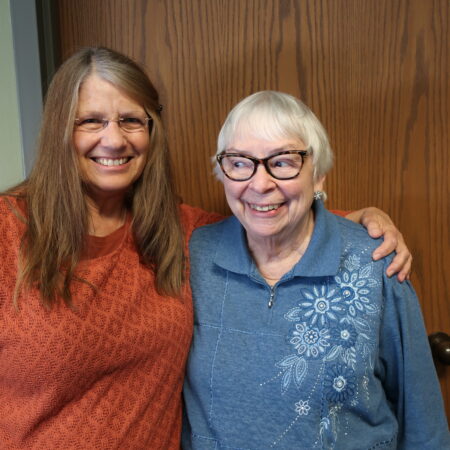
Lynn Preston (71) interviews her friend Patricia Cosgrove (87) about Patricia's career as a teacher, her work as a teacher's advocate, and her advice for future teachers.
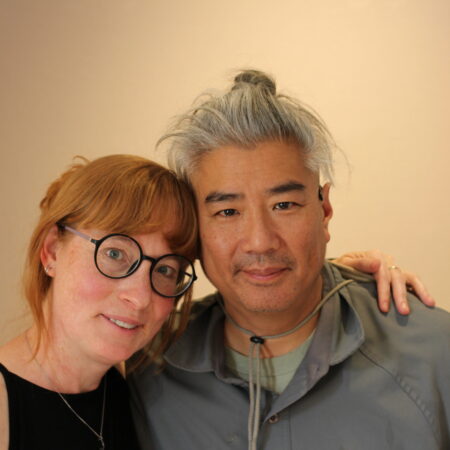
Natalie Johnson (47) interviews her friend Mark Wong (55) about his work as a potter and his involvement in the local art community.
Ioan Lascu, research geologist at the Smithsonian Museum of Natural History, shares stories of his work studying minerals and rock magnetism. What do bacteria affect magnetism? What can we learn from stalagmites and stalactites? Why has there been in a...
When Quinyan Duan was a student in China, he found his way into hydropower engineering. He wanted to pursue a graduate degree but couldn’t find the right professor to guide him. He took the difficult step of applying in the...
Jim Irons grew up in the 1960s and 1970s in Cleveland when environmental conservation was becoming more important for society, but it wasn’t until the Cuyahoga River in his hometown of Cleveland caught on fire in 1969 that his desire...

Katie Spellman (36) speaks with her mentor and collaborator, Christa Mulder (no age given), about their relationship, their pathways in science, what makes for a good mentor and collaborator, and what they have learned from each other.
Tong Zhu atmospheric chemist and university professor shares his experiences studying air pollution and its impacts on human health. Reflecting on how past discoveries influence solutions and how those solutions impact government policy. He shares stories about his work for...
John Bolten doesn’t need to get his hands dirty to learn about crop yields. Using satellite images, the Associate Program Manager of Water Resources for the NASA Applied Sciences Program has worked with the U.S. Department of Agriculture to directly...
On the football field, Bob Swap learned to read the field, look at the play, assess the information, and move forward. Today, those same skills help him manage over 250 scientists at the Goddard Space Flight Center with NASA’s Pandora...


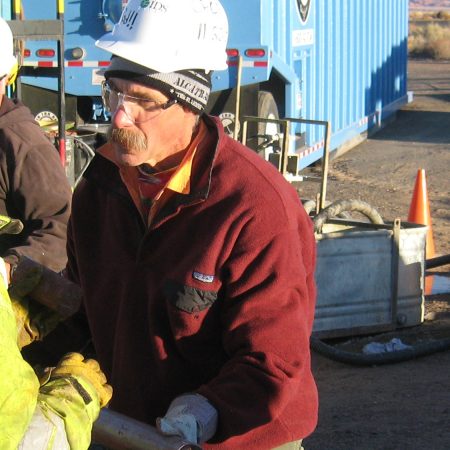
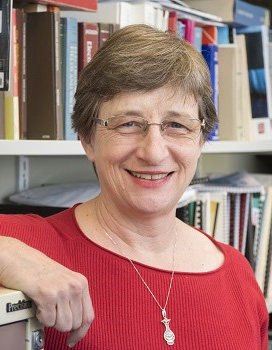

![“I'd love to see more collaboration happen and [it is] integral in terms of science working in the future.” An interview with Krystal Yhap](https://archive.storycorps.org/uploads/2019/07/Headshot-KYhap-450x450.jpg)

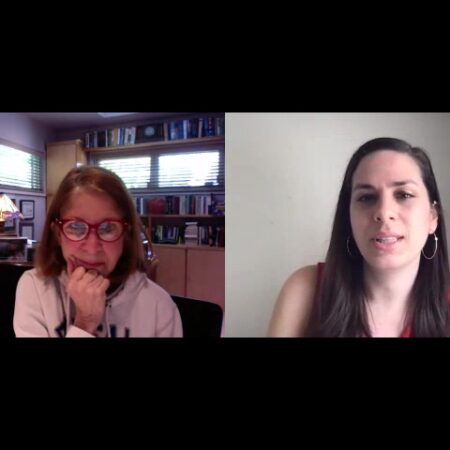
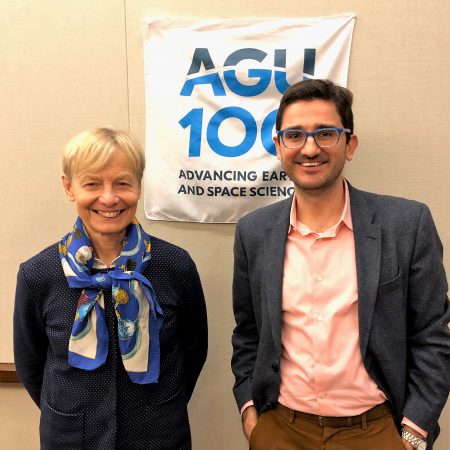
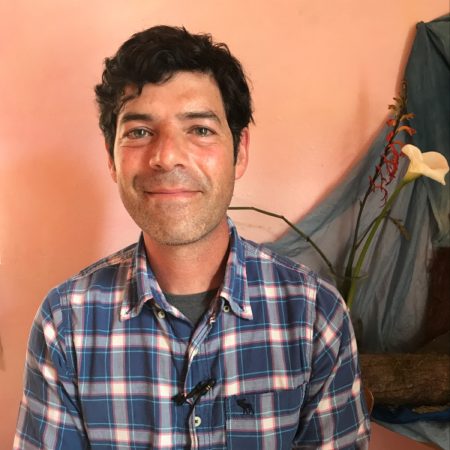

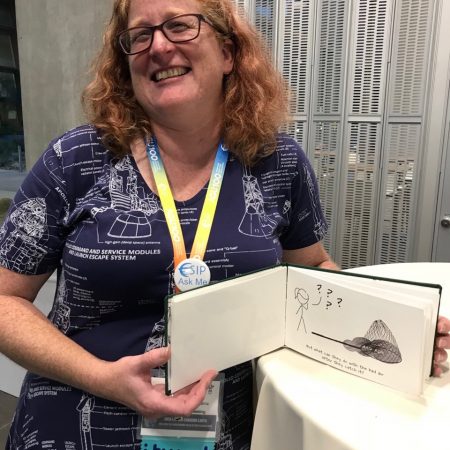
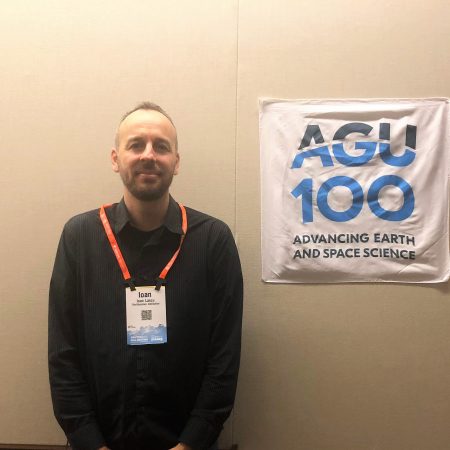
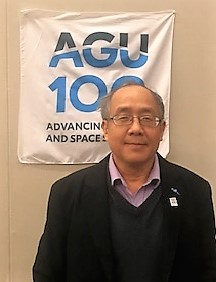
!["AGU is interdisciplinary, [it] helps breaks down the disciplinary stovepipe we often get into." an interview with Jim Irons](https://archive.storycorps.org/uploads/2019/02/181212_Irons-450x450.jpg)
